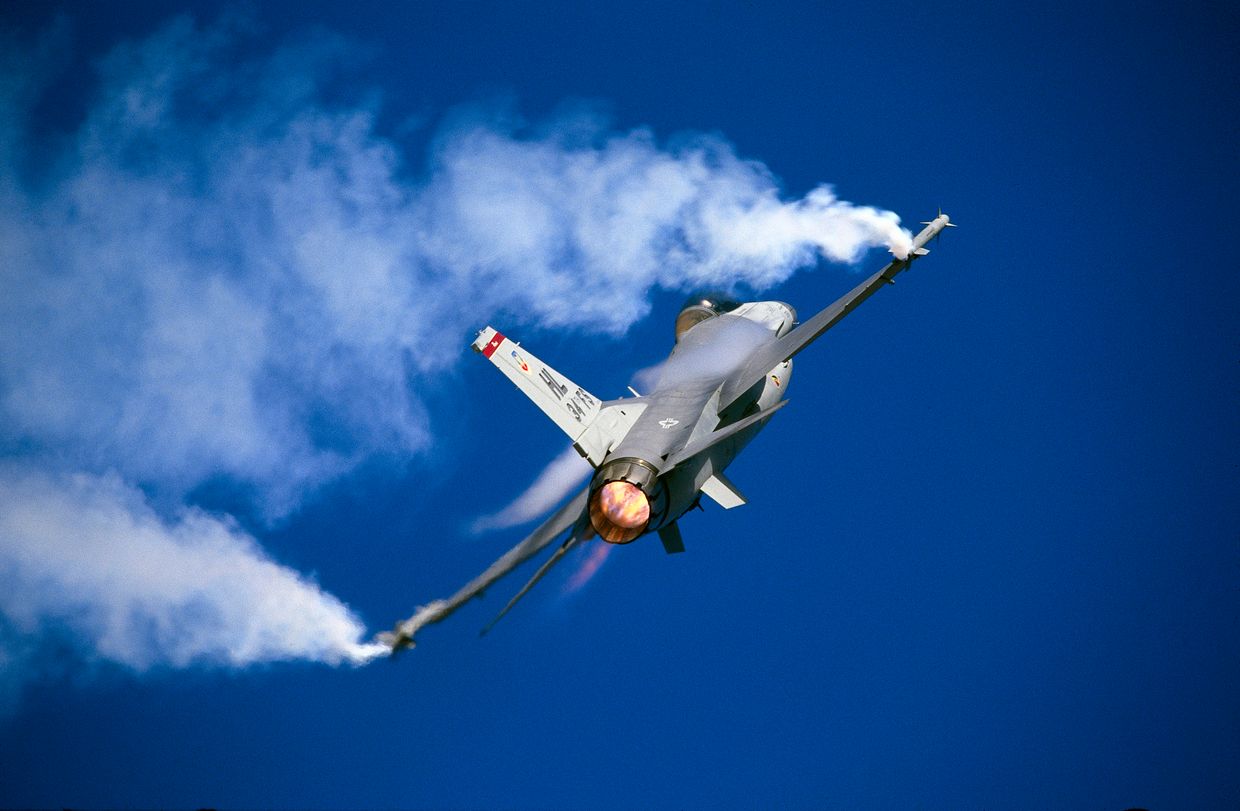German opposition leader wants Berlin to send combat planes to Kyiv.
Support independent journalism in Ukraine. Join us in this fight.
Become a member Support us just onceThe leader of Germany's Christian Democratic Union (CDU), Friedrich Merz, said on July 14 that Berlin should supply combat aircraft to Kyiv in order for Ukraine to regain control of its airspace, German media reported. Germany is the second-largest military donor to Ukraine after the United States, but German Chancellor Olaf Scholz remains reluctant to supply some key capabilities, including F-16 fighter jets. "I believe that we should help Ukraine to at least restore sovereignty over its own airspace," Merz said in an ARD TV broadcast, as reported by Deutsche Welle (DW).
Merz said more aid was necessary in light of Russia's increased missile attacks against Ukraine. A recent mass missile strike on July 8 killed at least 41 people and injured around 200 others in Kyiv and other cities across the country. "(T)hese missile attacks, which are happening more and more now, on infrastructure, on electricity and water supply facilities, on hospitals and homes for the elderly, cannot be taken under control only from the ground," Merz said.
Mertz noted that other EU nations have pledged to send Kyiv fighter jets to bolster Ukrainian air defense. Shipments of F-16s from Denmark and the Netherlands are reportedly already en route to Ukraine. "We Germans cannot stand aside," Merz said.
Merz has previously supported proposals to send German long-range Taurus missiles to Ukraine, though the Bundestag voted down the motion. Kyiv is expected to receive at least 79 F-16s from the Netherlands, Denmark, Belgium, and Norway. Sweden is reportedly considering providing Ukraine with Gripen fighter jets after the F-16 program is complete.
This is how Ukraine can - and can't - use its F-16s
The first long-awaited F-16 fighter jets are on their way to Ukraine. "Those jets will be flying in the skies of Ukraine this summer to make sure that Ukraine can continue to effectively defend itself against Russian aggression," U.S.
Secretary of State Antony Blinken announced on July 10 during
